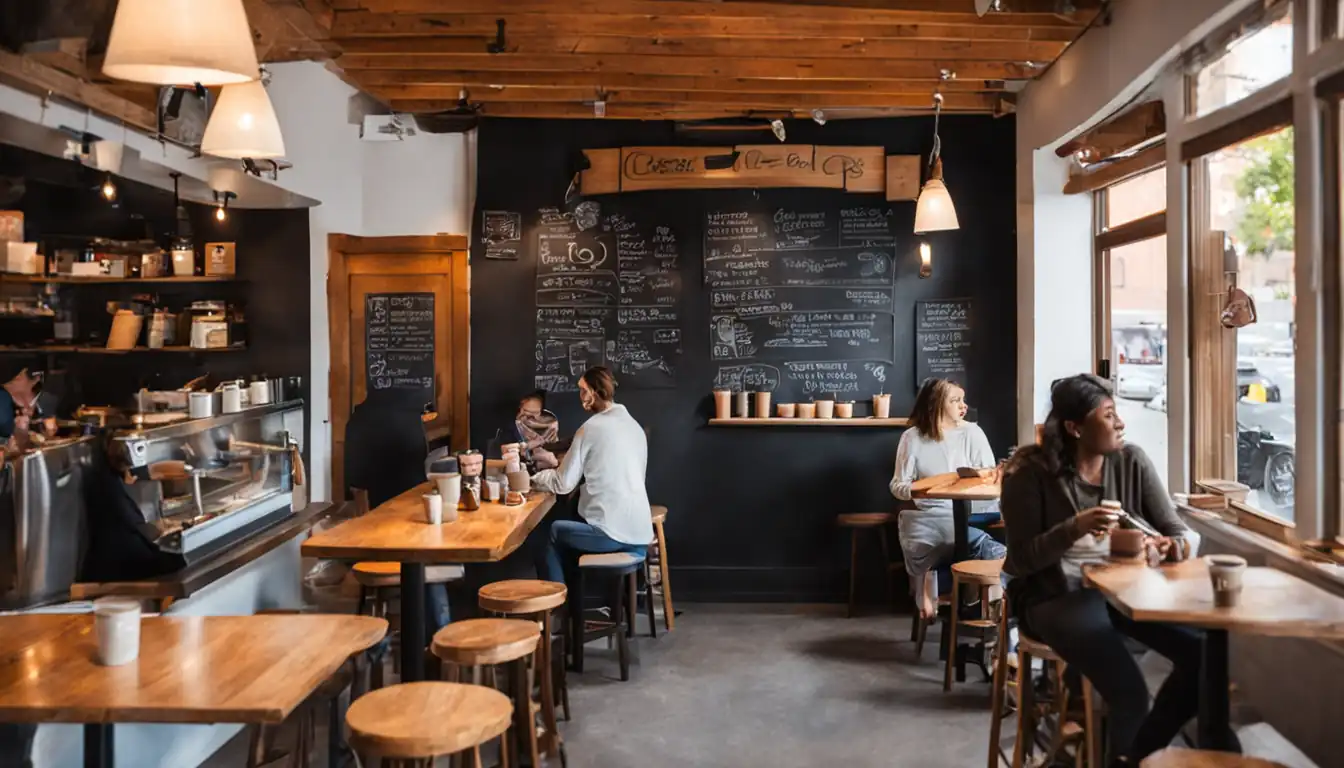Mastering Local SEO Content Optimization

In the vast world of SEO, mastering local content optimization can be the key to unlocking success for small businesses. Understanding the nuances of local SEO, conducting effective keyword research, creating tailored content, implementing on-page and off-page strategies, and measuring success are all crucial components of a well-rounded local SEO strategy. Let's dive into the world of local SEO and explore how you can optimize your content to reach your target audience in your specific geographic area.
Understanding Local SEO
Local SEO is a crucial aspect of digital marketing for small businesses aiming to attract customers within their geographical area. By optimizing your content for local search, you can increase visibility and drive traffic to your physical location or website.
Why local SEO matters for small businesses
- Targeted Audience: Local SEO helps small businesses reach potential customers in their vicinity who are actively searching for products or services.
- Increased Visibility: By appearing in local search results, businesses can stand out among competitors and capture the attention of nearby consumers.
- Higher Conversion Rates: When users find relevant local businesses in search results, they are more likely to make a purchase or visit the store.
The difference between traditional and local SEO
Traditional SEO focuses on improving a website's visibility on a global scale, while local SEO targets specific geographic locations. The key distinctions include:
- Geographical Focus: Local SEO targets specific regions or cities, while traditional SEO aims for broader visibility.
- Keywords: Local SEO incorporates location-based keywords to attract nearby customers, whereas traditional SEO focuses on general keywords.
- Google My Business: Local SEO involves optimizing Google My Business listings for accurate business information and customer reviews.
Keyword Research for Local SEO
When it comes to optimizing your content for local SEO, keyword research is crucial. Here are some key points to keep in mind:
Finding the right local keywords
- Focus on location-specific keywords: Incorporate the name of your city, neighborhood, or region into your keywords to target local searchers.
- Long-tail keywords: Long-tail keywords are more specific and have less competition, making them ideal for local SEO.
- Consider user intent: Think about what users are searching for when conducting keyword research. Are they looking for information, products, or services?
Tools to streamline your keyword research
There are several tools available to help streamline your keyword research process:
- Google Keyword Planner: This free tool by Google provides insights into search volume and competition for keywords.
- SEMrush: A comprehensive SEO tool that offers keyword research capabilities along with competitor analysis.
- Moz Keyword Explorer: Another popular tool that provides valuable data on keyword difficulty and search volume.
By utilizing these tools and focusing on location-specific and long-tail keywords, you can effectively optimize your content for local SEO.
Creating Content That Resonates Locally

Crafting content that speaks to a local audience
When it comes to mastering local SEO content optimization, one of the key factors is creating content that resonates with your local audience. This means understanding the unique characteristics and interests of the people in your target area and tailoring your content to meet their needs.
Incorporating local events and news into your strategy
Another important aspect of creating locally optimized content is incorporating local events and news into your strategy. By staying up-to-date with what's happening in your community, you can create timely and relevant content that will resonate with your audience. Whether it's covering a local event or sharing news about a new business opening in the area, integrating these elements into your content can help boost your visibility in local search results.
On-Page SEO Strategies for Local Content
Optimizing meta tags with local keywords
When it comes to local SEO content optimization, one of the key strategies is to optimize meta tags with local keywords. This includes incorporating relevant city names, neighborhoods, and other location-specific terms into your title tags, meta descriptions, and headers. By doing so, you can signal to search engines that your content is relevant to users in a specific geographic area.
Enhancing user experience for local visitors
In addition to optimizing meta tags, it's important to enhance the user experience for local visitors. This can include creating location-specific landing pages, including maps and directions on your website, and providing localized content that speaks directly to the needs and interests of users in a particular area. By tailoring your content to local audiences, you can improve engagement and ultimately drive more traffic to your site.
Off-Page SEO Techniques to Boost Local Visibility
Off-page SEO techniques are crucial for boosting local visibility and ensuring your content reaches the right audience in your target location. Here are some effective strategies to consider:
Building local backlinks
Building local backlinks is essential for improving your website's authority and relevance in the eyes of search engines. Focus on acquiring backlinks from reputable local websites, directories, and industry-specific platforms. This will not only drive traffic to your site but also signal to search engines that your content is relevant to local users.
Leveraging social media for local engagement
Social media plays a significant role in local SEO by providing opportunities to engage with your target audience on a more personal level. Create localized social media campaigns, share locally relevant content, and interact with local influencers and communities. This will help increase brand awareness, drive traffic to your website, and improve your overall online presence in the local market.
Measuring Your Local SEO Success
Success in local SEO can be measured through various key metrics that provide insights into the effectiveness of your optimization efforts. By tracking these metrics and using analytics tools, you can refine your strategy to improve your local search visibility and drive more traffic to your business.
Key metrics to track your progress
- Local Search Rankings: Monitor where your business ranks in local search results for relevant keywords.
- Organic Traffic: Measure the amount of organic traffic coming to your website from local searches.
- Click-Through Rate (CTR): Track how many users are clicking on your website link in search results.
- Online Reviews: Keep an eye on the quantity and quality of online reviews for your business.
- Google My Business Insights: Utilize data from Google My Business to understand how customers find and interact with your listing.
Using analytics to refine your strategy
Analyzing the data collected from these key metrics is essential for refining your local SEO strategy. By identifying trends, patterns, and areas for improvement, you can make informed decisions to optimize your content and enhance your online presence. Use tools like Google Analytics, Google Search Console, and other SEO platforms to gain valuable insights into the performance of your local SEO efforts. Adjusting your content based on this data will help you attract more local customers and grow your business effectively.
Remember, continuous monitoring and analysis are crucial for mastering local SEO content optimization.
Conclusion
By understanding the importance of local SEO, conducting thorough keyword research, creating engaging localized content, implementing on-page and off-page strategies, and consistently measuring your success through key metrics, you can elevate your business's online visibility within your community. Mastering local SEO content optimization is not just about ranking higher in search results; it's about connecting with your local audience on a deeper level and driving meaningful engagement that ultimately leads to growth and success for your small business.